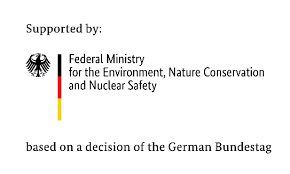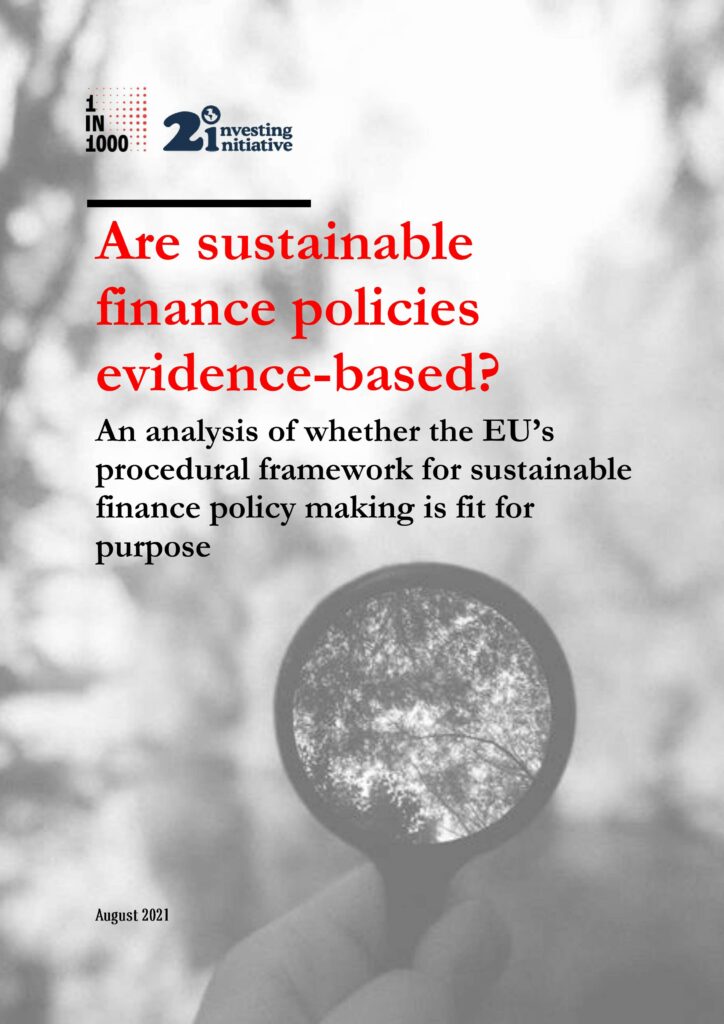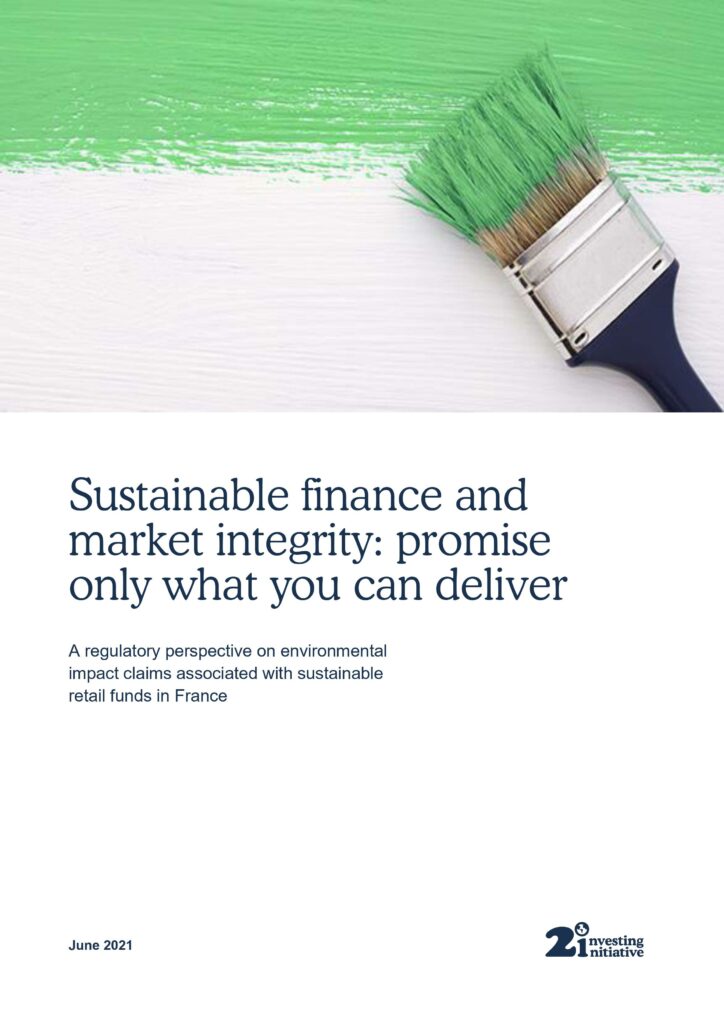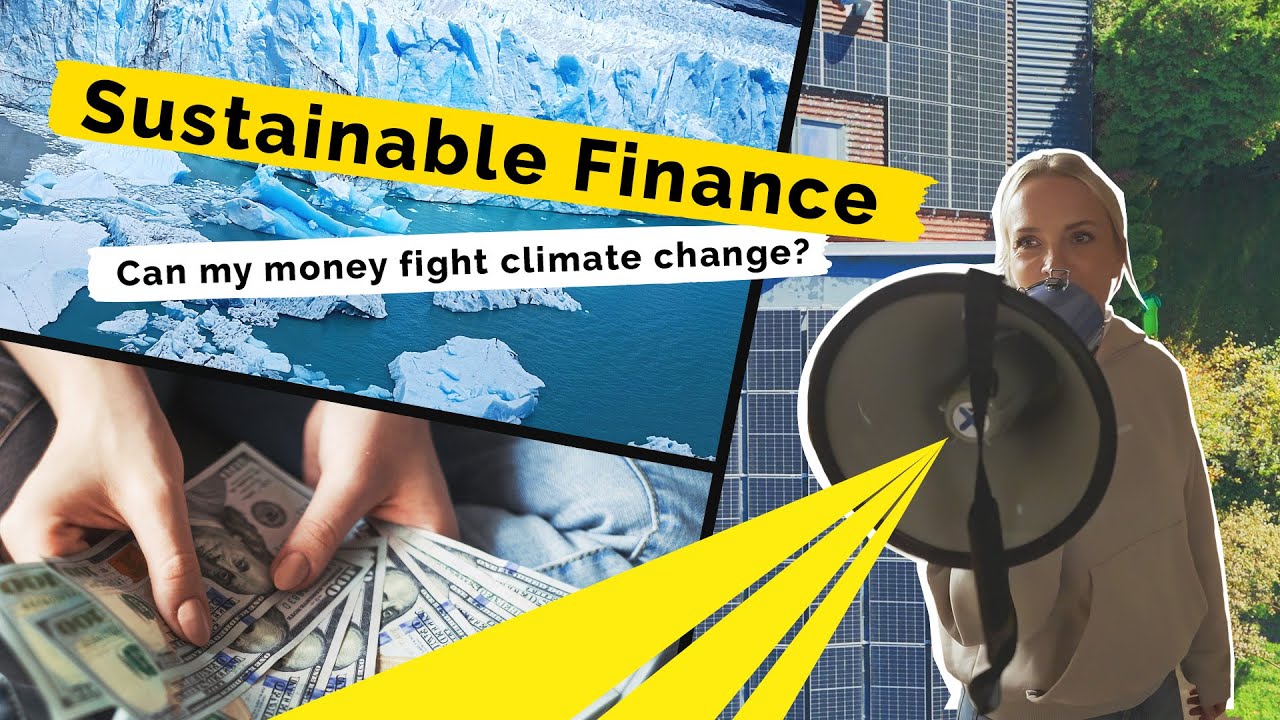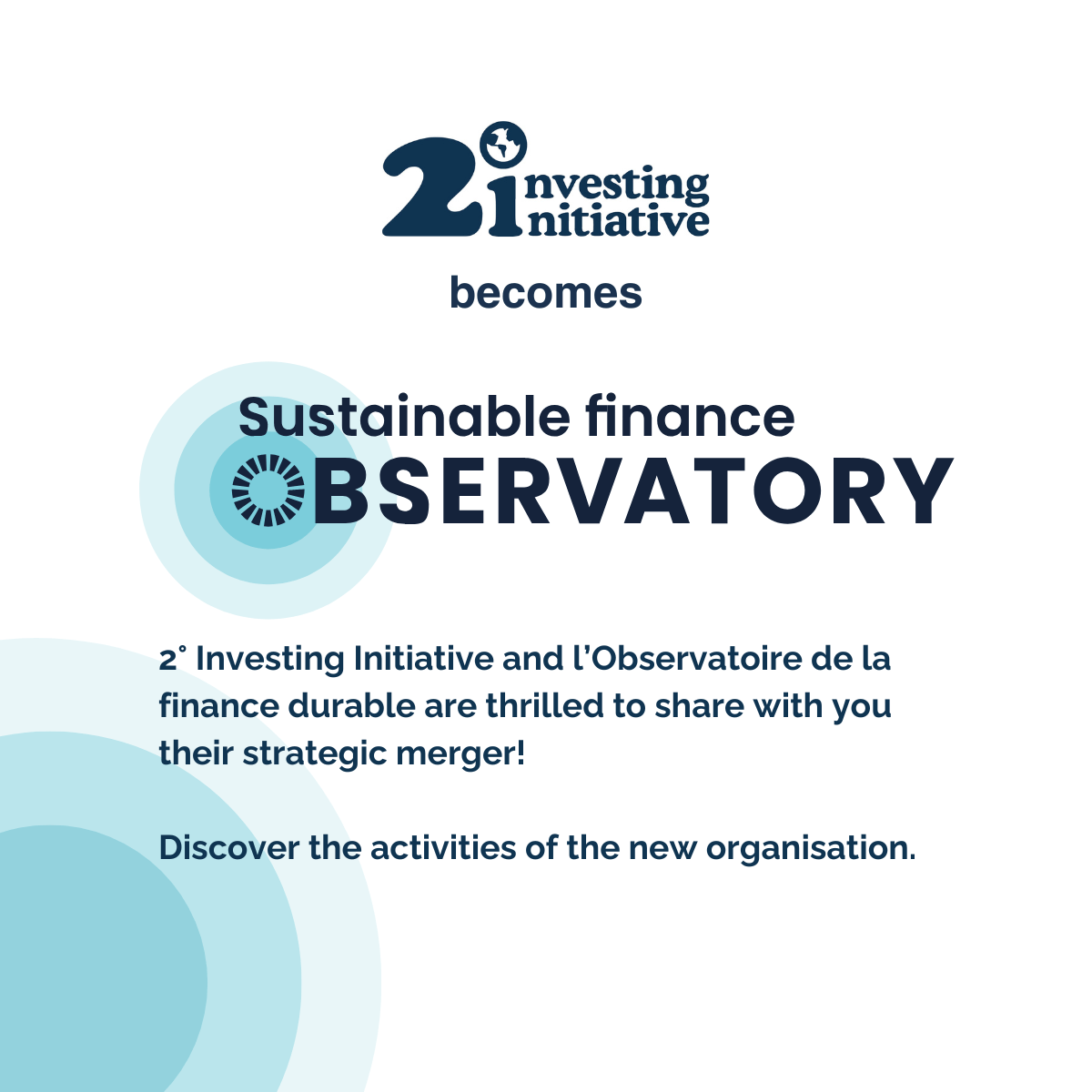The ex-ante impact assessment is one of the most important tools available to policy makers. It is a critical step to promoting informed decision making and ensuring that the final policy design is optimal for addressing the issue at hand.
In the European Union (EU), the Better Regulation Guidelines and the accompanying Better Regulation Toolbox set out the procedural framework for policy making and establish the impact assessment as a key early step ‘to assess if future legislative or non-legislative EU action is justified and how such action can best be designed to achieve the desired policy objective.’
Where sustainable finance policy relates to an objective of reorienting capital flows, the impact assessment should assess the extent to which the recommended policy option contributes to this objective of reorienting capital flows.
This paper analyses to what extent any assessment of reorienting capital flows has occurred in the European Commission’s financial policy making under the 2018 Action Plan on Financing Sustainable Growth (the SFAP). It reviews the impact assessment conducted for the three main legislative initiatives under the SFAP (namely the Taxonomy Regulation, the Sustainable Finance Disclosure Regulation and the Low Carbon Benchmark Regulation) and analyses the extent to which the impact assessment covers the contribution of the recommended policy options towards the objective of reorienting capital flows.
The paper finds that, despite one of the objectives of the SFAP and the legislative proposals thereunder being to reorient capital flows, the relevant impact assessment report does not contain any thorough assessment of the extent to which these legislative proposals are expected to contribute towards reorienting capital flows.
In this crucial year for sustainable finance policy, with the recent release of a new Sustainable Finance Strategy, the impact assessment process must be improved to ensure that any policy is actually doing what it needs to. EU policymakers do not have a moment to lose and cannot afford any mistakes.
The paper articulates recommendations for improvements which are necessary in the context of financial policy making with an objective to reorient capital flows.
Funder information: This project is part of the International Climate Initiative (IKI). The Federal Ministry for the Environment, Nature Conservation and Nuclear Safety (BMU) supports this initiative on the basis of a decision adopted by the German Bundestag. This report reflects the authors’ views only, and the funders are not responsible for any use that may be made of the information it contains.
